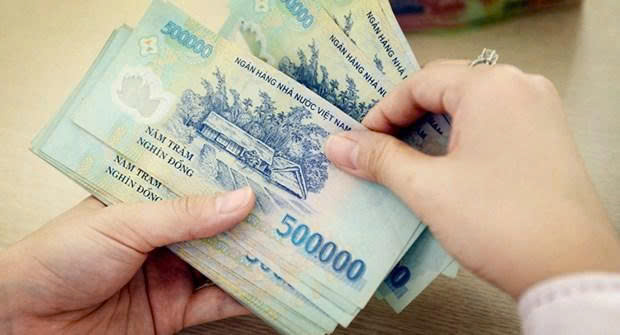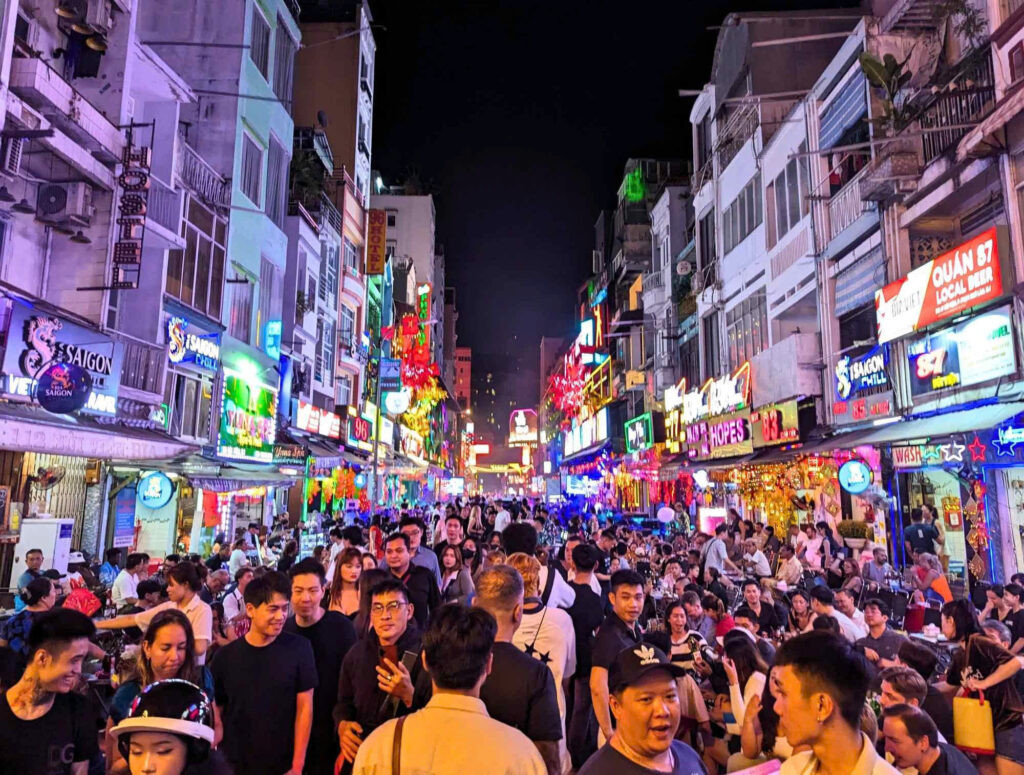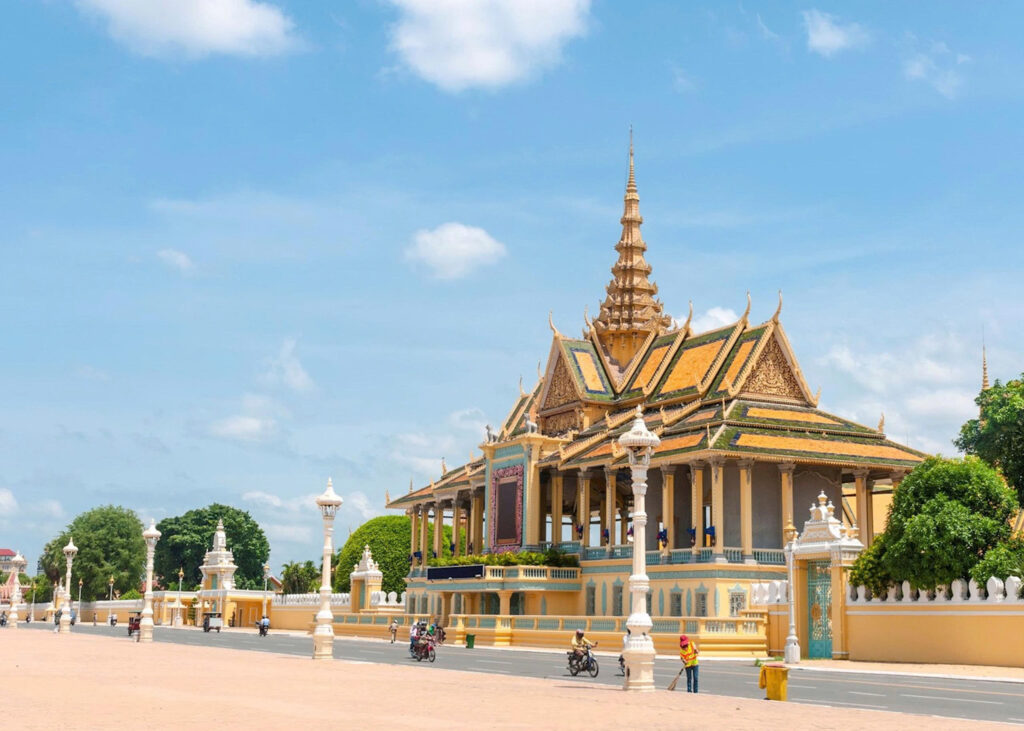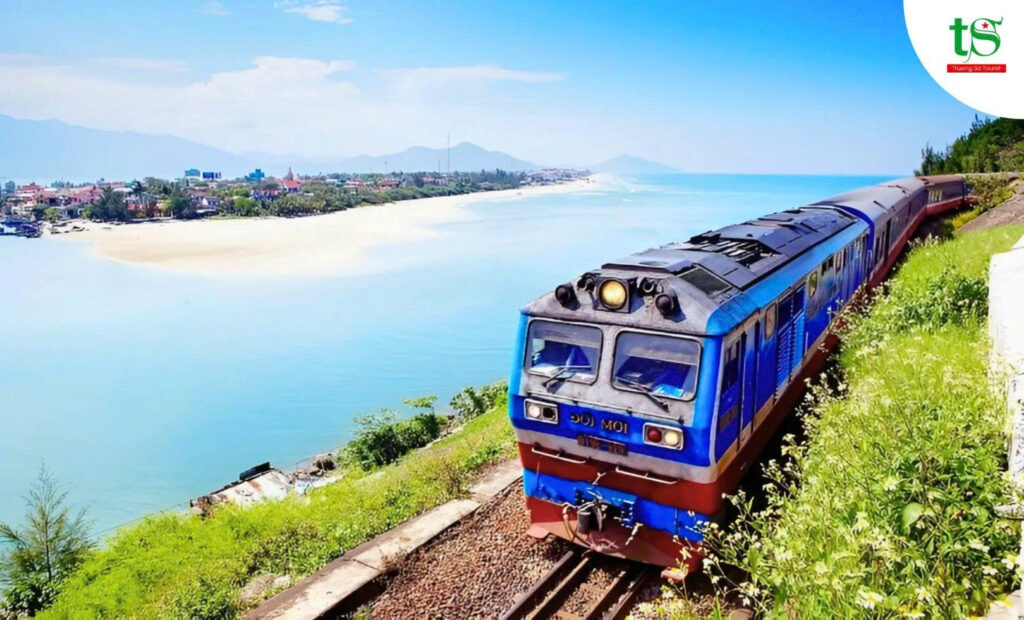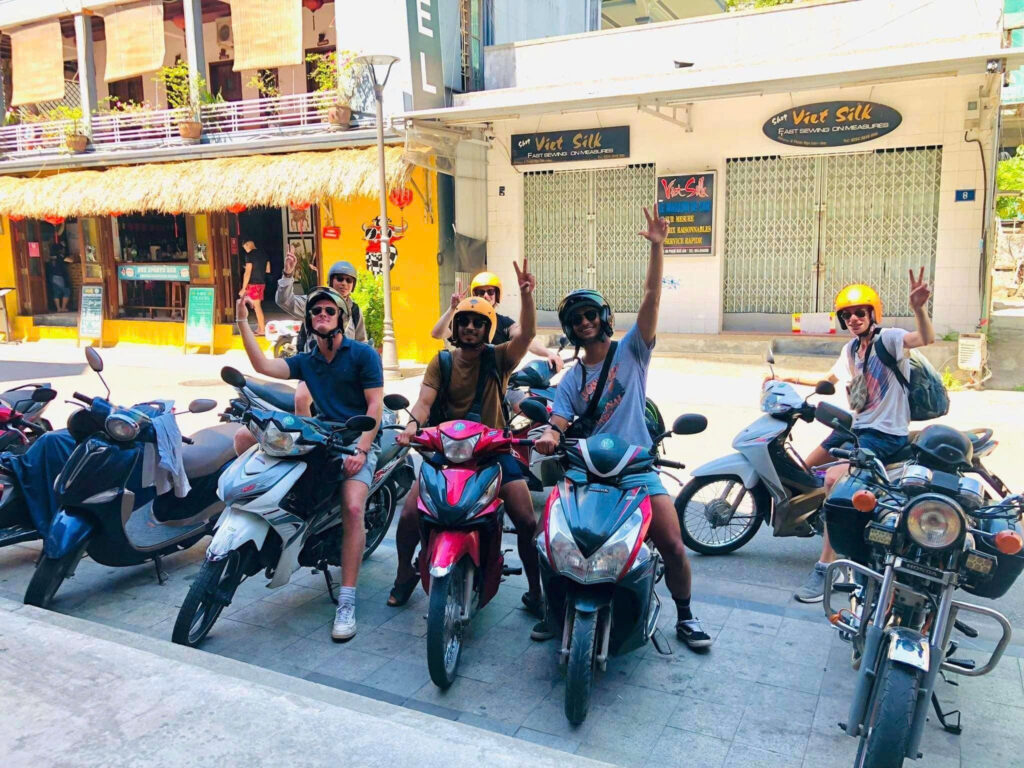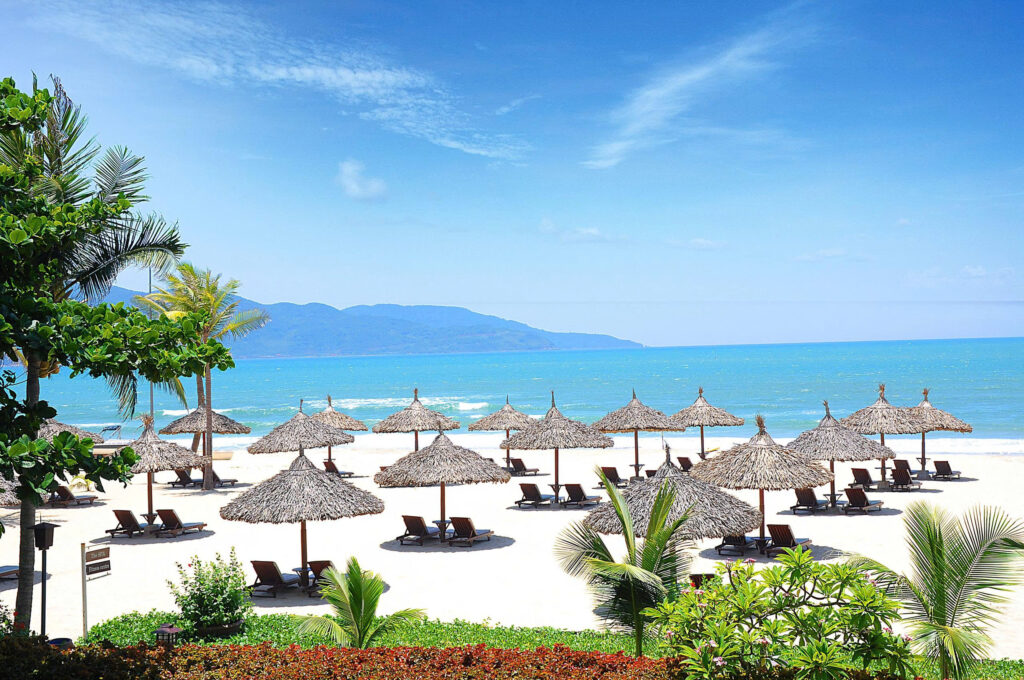Simplify your Vietnam trip with our top currency exchange tips for travelers. Find out where to get the best rates, manage cash, and use cards easily. Navigating the financial landscape of a new country can often be daunting, and Vietnam is no exception. For every traveler heading to this vibrant nation, understanding the Vietnam currency exchange process is essential for a smooth and enjoyable trip. From knowing where to exchange money to understanding exchange rates and payment methods, this guide will equip you with all the tips you need to manage your money effectively and safely in Vietnam.
Understanding Vietnamese Currency: The Dong (VND)
The official currency of Vietnam is the Vietnamese Dong (VND). You’ll primarily encounter banknotes in daily transactions. Vietnamese Dong notes are predominantly made of polymer, which makes them durable and water-resistant – a practical feature in a tropical climate.
Familiarize Yourself with VND Banknotes
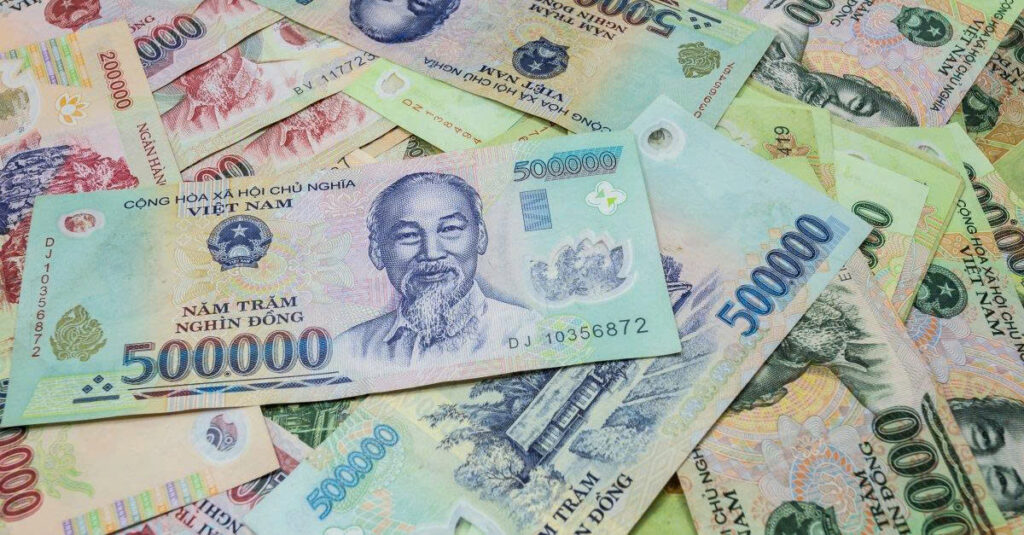
It’s crucial to quickly learn to identify the different denominations to avoid confusion, especially with the many zeros!
- Commonly used denominations: 1,000 VND, 2,000 VND, 5,000 VND (cotton notes, less common now), 10,000 VND, 20,000 VND, 50,000 VND, 100,000 VND, 200,000 VND, and 500,000 VND.
- Color coding: Vietnamese Dong notes are brightly colored, but some denominations can look similar at a quick glance (e.g., 20,000 VND (blue) and 500,000 VND (blue-green)). Always take a moment to double-check the numbers.
- Value perception: Remember that 100,000 VND is roughly equivalent to a few US dollars, so you’ll quickly become a “millionaire” when exchanging foreign currency! Carrying smaller denominations is highly advisable for everyday purchases like street food, taxis, or small souvenirs.
Where to Exchange Money in Vietnam: Best Places for Travelers
Choosing the right place to exchange your foreign currency (most commonly USD, EUR, GBP, AUD) for VND can significantly impact your exchange rate and overall savings.
1. Banks in Vietnam
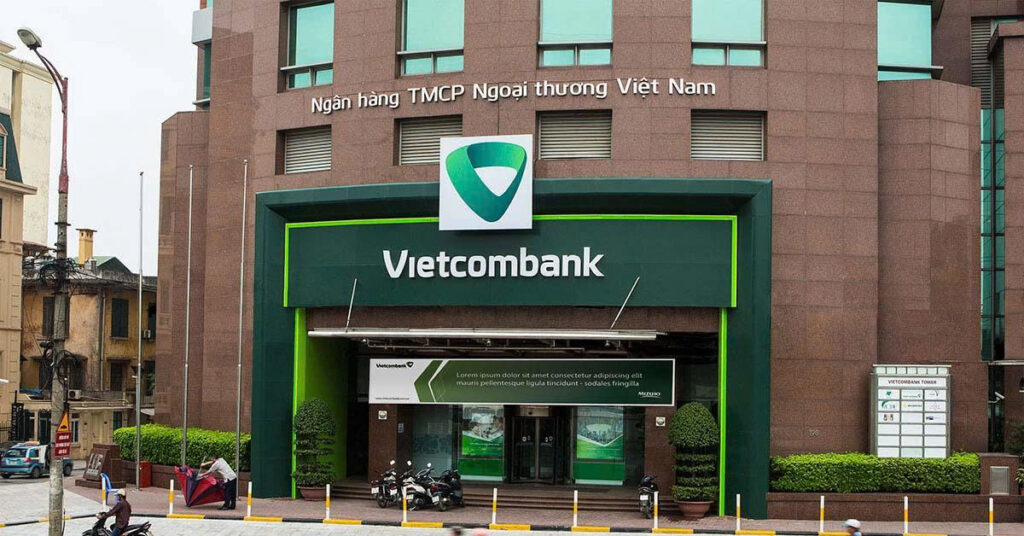
- Pros: Generally offer official, transparent exchange rates, especially for larger sums. They are a safe and reliable option, and you’ll receive an official receipt. Major banks like Vietcombank, Agribank, BIDV, and Sacombank are found in most cities.
- Cons: Slower process with paperwork, limited operating hours (typically weekdays, business hours), and may require your passport. Exchange rates might not always be the absolute best for smaller amounts.
- Tip: Good for exchanging a significant portion of your travel money if you prefer security and formality.
2. Gold and Jewelry Shops
- Pros: Often offer slightly better exchange rates than banks, especially in tourist areas like the Old Quarter of Hanoi or around Ben Thanh Market in Ho Chi Minh City. The process is usually quicker and simpler. They are particularly popular with locals and experienced travelers.
- Cons: Rates can vary widely between shops, and not all shops are equally trustworthy. Always compare rates before committing. Ensure you get a receipt, and count your money carefully on the spot.
- Tip: Look for established gold shops in busy areas, not hidden alleys. Ask locals or your hotel for recommendations.
3. Airports (Initial Exchange)
- Pros: Convenient immediately upon arrival at Tan Son Nhat International Airport (Ho Chi Minh City) or Noi Bai International Airport (Hanoi).
- Cons: Exchange rates at airports are notoriously less favorable than in city centers. They are best for exchanging a small amount (e.g., $50-$100 USD) to cover immediate expenses like a taxi or first meal.
- Tip: Avoid exchanging large sums here unless absolutely necessary.
4. Hotels
- Pros: Extremely convenient, especially if you arrive late or need a small amount quickly.
- Cons: Hotel exchange rates are generally among the worst. They often add a significant premium for the convenience.
- Tip: Use only for emergencies or very small amounts.
5. Unofficial Street Vendors
- Avoid at all costs. While you might encounter individuals offering to exchange money on the street, this is highly risky. You could receive counterfeit money, get short-changed, or even be targeted for scams.
Using ATMs in Vietnam: Convenience at a Cost
ATMs are widespread in major cities like Ho Chi Minh City, Hanoi, Da Nang, and Can Tho, and increasingly available in smaller towns.
- Pros: Convenient 24/7 access to cash. You can withdraw VND directly from your foreign debit or credit card.
- Cons:
- Withdrawal Limits: Most Vietnamese ATMs have a low withdrawal limit, typically between 2,000,000 VND to 3,000,000 VND (approx. $80-$120 USD) per transaction. This means you might need to make multiple withdrawals for larger amounts, incurring fees each time.
- ATM Fees: Most local banks charge a fee per transaction (e.g., 20,000 VND to 50,000 VND). Your home bank might also charge an international ATM fee and a foreign transaction fee. These can add up quickly.
- Dynamic Currency Conversion (DCC): When using an ATM, you might be asked if you want to be charged in your home currency or VND. Always choose to be charged in VND. Choosing your home currency means the local ATM applies its own unfavorable exchange rate, adding an extra hidden fee.
- Tip: Check with your home bank about international withdrawal fees before your trip. Consider using a travel-friendly debit card (like Wise or certain challenger banks) that offers low or no international fees. Use reputable bank ATMs (e.g., Vietcombank, Techcombank, BIDV) which are generally more reliable.
Cash vs. Credit Cards in Vietnam: What to Use When
Cash is King in Vietnam, especially for smaller transactions and local experiences.
- Cash: Essential for street food, local markets, smaller shops, taxis, xe om (motorbike taxis), and pretty much anything outside of major establishments. Many local businesses operate on a cash-only basis.
- Credit/Debit Cards: Increasingly accepted in larger hotels, upscale restaurants, modern shopping malls, and some tour operators. However, many places will add a surcharge (typically 2-3%) for card payments.
- Tip: Always carry a mix of cash (especially small denominations) and a credit/debit card for emergencies or larger purchases. Don’t rely solely on cards.
Smart Traveler’s Tips for Vietnam Currency Exchange
- Don’t exchange all your money at once: Exchange in smaller batches as needed. This protects you from losing a large sum if stolen or lost, and allows you to take advantage of potentially better rates later.
- Bring US Dollars (USD) or Euros (EUR): These are the most easily exchanged foreign currencies in Vietnam. USD is particularly dominant. Ensure your bills are clean, new-looking, and undamaged, as crumpled or torn notes may be refused or exchanged at a worse rate.
- Familiarize yourself with the current exchange rate: Before you go, check the official rates (e.g., on Google or reliable financial sites like Xe.com). This will help you identify a fair deal.
- Count your money carefully: Always count the VND you receive before leaving the counter at banks or gold shops. Mistakes can happen, and it’s much harder to rectify later.
- Break large bills early: As soon as you get large denominations (e.g., 500,000 VND), try to break them at a larger store, supermarket, or an established restaurant. Smaller vendors often don’t have enough change.
- Be wary of counterfeit money: While not extremely common, vigilance is key. Polymer notes have security features like watermarks, security threads, and color-shifting ink. Familiarize yourself with these features. High denominations (200,000 VND, 500,000 VND) are more commonly counterfeited.
- Inform your bank: Notify your home bank about your travel dates to Vietnam to prevent your cards from being blocked due to suspicious activity.
- Keep emergency cash separate: Divide your money and keep it in different places (e.g., wallet, travel pouch, hotel safe).
- Budget smart: Plan your daily expenses and carry enough cash for the day’s activities. Vietnam is relatively affordable, but costs can add up if not managed well.
Common Pitfalls to Avoid
- Exchanging money on the black market: Always avoid unauthorized money changers on the street. It’s illegal and highly risky.
- Ignoring ATM fees and DCC: These seemingly small charges can accumulate into significant amounts.
- Relying solely on cards: You’ll miss out on many local experiences and conveniences if you don’t carry enough cash.
- Not checking your change: Always double-check the change you receive, especially with taxi drivers or street vendors.
Managing your currency exchange in Vietnam doesn’t have to be complicated. By understanding the Vietnamese Dong, knowing the best places to exchange your money, being aware of ATM practices, and following these travel tips, you’ll be well-prepared for your adventure. Enjoy the incredible sights, sounds, and tastes of Vietnam, confident in your financial arrangements.

